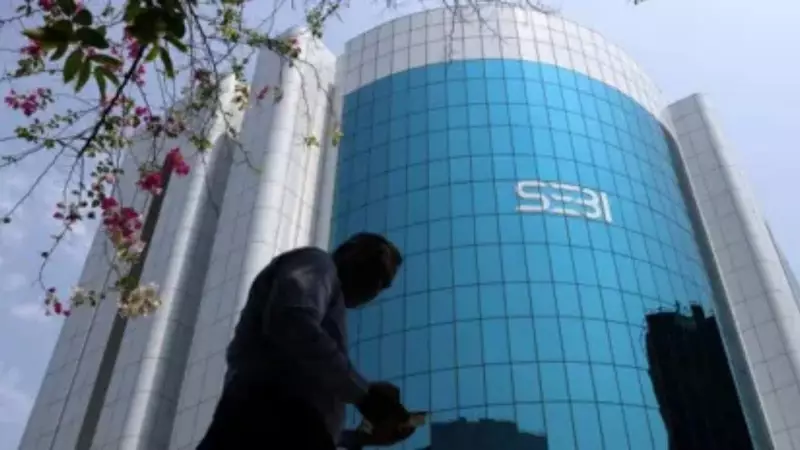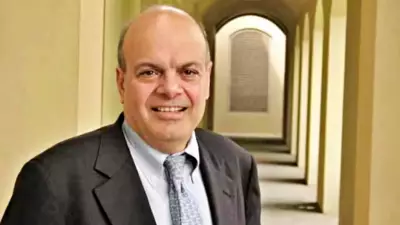
Major Overhaul Proposed for Sebi's Conflict of Interest Framework
A high-level committee established by the Securities and Exchange Board of India (Sebi) has recommended significant transparency measures, including public disclosure of assets and liabilities for the regulator's chairman, whole-time members, and senior employees. The six-member committee, formed in March 2025, submitted a comprehensive report with ten key recommendations aimed at strengthening governance and preventing conflicts of interest within the markets regulator.
Multi-Tier Disclosure Framework
The committee proposed a multi-level disclosure system that would require different levels of transparency based on seniority. According to the recommendations, the chairman, whole-time members (WTMs), and Sebi employees at the level of chief general manager (CGM) and above must make public declarations of their assets and liabilities. This marks a significant step toward greater accountability for top regulatory officials.
For all Sebi employees, chairman, and board members, the committee suggested internal disclosure requirements covering the names and relationships of relatives as defined under the Companies Act, 2013, along with professional and other relational interests. The report emphasized that applicants for chairman and WTM positions, including lateral entries, must disclose actual, potential, and perceived conflict-of-interest risks of both financial and non-financial nature to the appointing authority.
Investment Restrictions and Recusal Framework
The committee recommended uniform investment restrictions for the chairperson, WTMs, and employees. It proposed treating chairperson and WTMs as 'insiders' under the Sebi (Prohibition of Insider Trading) Regulations, 2015, while permitting investments in schemes operated by regulated and professionally managed pooled vehicles.
For existing investments held by chairman and WTMs at the time of joining, the committee suggested four options: liquidate investments; freeze investments; sell according to a trading plan; or sell without a trading plan with prior approval. Importantly, these recommendations would apply prospectively to new members and employees.
The committee also proposed a complete prohibition on gift acceptance, directly or indirectly, by chairman and WTMs from any person with whom they have or are likely to have official dealings. A robust recusal framework was recommended, with summaries of recusals by chairman, WTMs, part-time members, and senior employees to be published in Sebi's Annual Report.
Post-Retirement Restrictions and Whistle-Blower Protection
Addressing concerns about post-service conduct, the committee suggested that former members or employees should not appear before or against Sebi in any recognition, adjudication, settlement, or approval matter for two years from their retirement date. This restriction would extend to contractual employees, consultants, and advisors.
The committee placed strong emphasis on establishing a secure, confidential, and anonymous whistle-blower system for reporting actual, potential, or perceived conflicts of interest. The system would be accessible to board members, employees, external stakeholders, market infrastructure institutions, intermediaries, participants, and the general public.
The report specifically noted that strong safeguards must protect complainants against retaliation, ensuring genuine protection for those reporting potential misconduct. The committee, headed by retired IAS officer and former Chief Vigilance Commissioner Pratyush Sinha, included prominent members such as Injeti Srinivas, Uday Kotak, G Mahalingam, Sarit Jafa, and R Narayanaswamy.
These recommendations represent one of the most comprehensive attempts to address conflict of interest concerns within India's primary securities market regulator, potentially setting new standards for transparency in financial regulatory bodies across the country.





